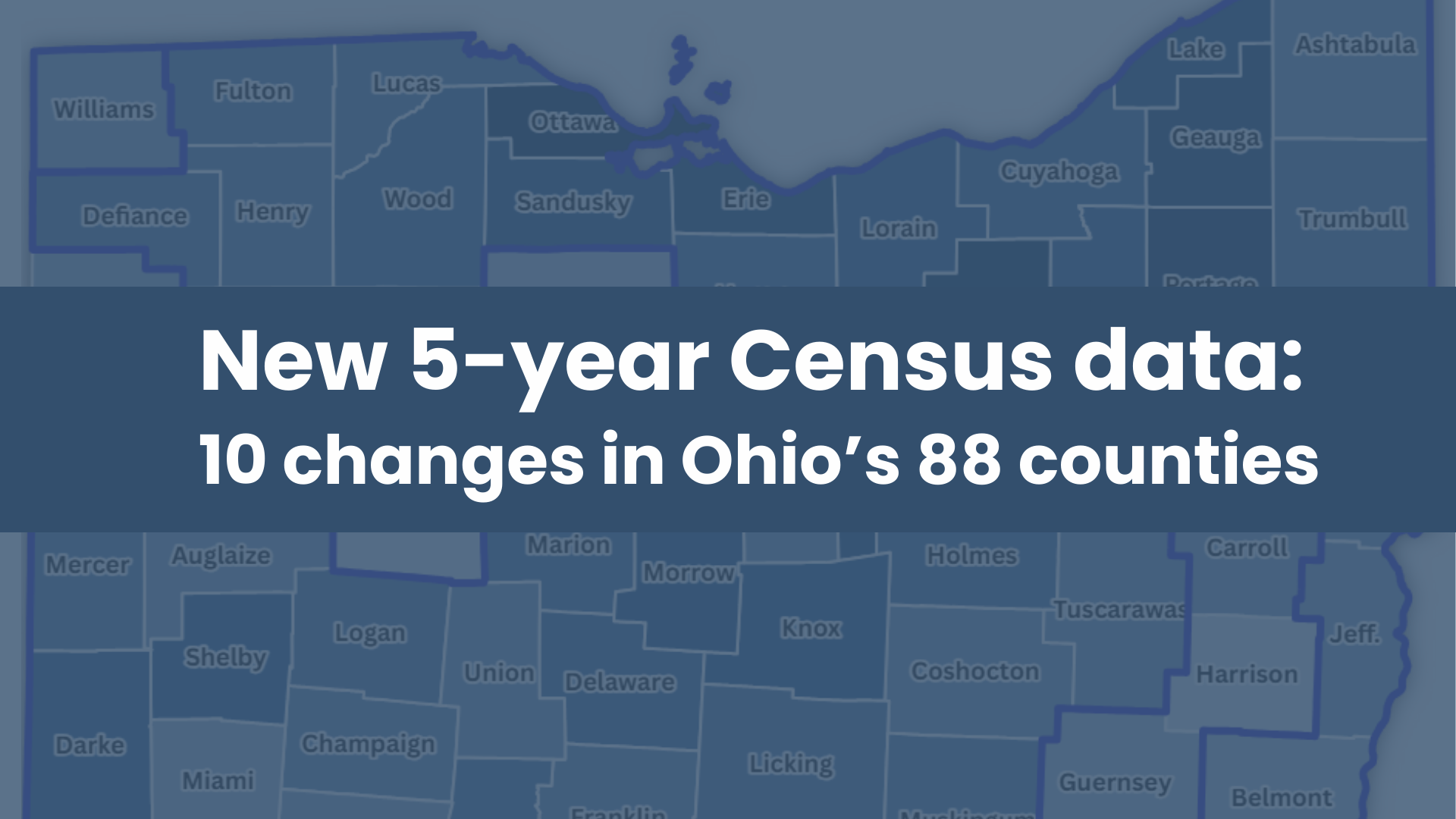Social and other external factors have been linked to 25-60 percent of deaths in the United States in any given year. It is of utmost importance to study the “causes of the causes” of death and to examine maternal mortality holistically and to examine the impacts that the social and physical environment has on maternal outcomes.
Social and other external factors have been linked to 25-60 percent of deaths in the United States in any given year.

As a former NICU nurse, I have a vested interest in maternal and child health. And now, as a new mom, that interest just became a lot more personal. I recently finished up my Ph.D. and focused on maternal mortality for my dissertation; specifically, the social determinants of maternal mortality. One striking finding from my research was the strong positive correlation between food insecurity and maternal mortality; as food insecurity increases, so does maternal death (at a significant moderate Spearman’s correlation of 0.45 for all the data people out there, the second highest in my study. This correlation increases to 0.49 when examining the maternal mortality of Black women).This research is now a few years old, but continues to jump out at me, especially given the current state of food availability and affordability, (or unavailability and unaffordability), today. Food insecurity is defined by the United States Department of Agriculture (USDA) as, “the limited or uncertain availability of nutritionally adequate and safe foods.”Food security and adequate nutrition have significant impacts on health outcomes, which become substantially important when examining issues affecting pregnant women. Adequate nutrition and access to healthy foods can reduce the risk of gestational diabetes, cesarean section, and preeclampsia in pregnant women. Pregnant women who are experiencing marginal food insecurity (determined through the USDA Core Food Security Module questionnaire) are 2.76 times as likely to develop gestational diabetes when compared to women who are food secure. In recent years, multiple studies have concluded that food insecurity has a significant negative impact on the mental health and well-being of pregnant women.Recent global events have made it clear that there is an intersection of food insecurity and climate justice. Though most of the literature surrounding this intersection examines lower income countries and tropical regions, these past few years have shown us that the United States is highly integrated into the global food economy. Crops grown in the United States account for 25% of the world’s grain supply, livestock accounts for half of the United States’ agricultural cash receipts, and fisheries supply $255 billion in sales to the American economy. According to the Environmental Protection Agency, climate change is expected to increase the frequency of heavy precipitation, which harms crops and increases agricultural runoff to water bodies. In turn, this creates hypoxia in the water, which can kill fish and shellfish.
Vulnerable populations, which include pregnant women, are most affected by the consequences of climate change.
Vulnerable populations, which include pregnant women, are most affected by the consequences of climate change.Figure 1 displays a conceptual representation of both the direct and indirect impacts of climate change on pregnant women, of which there are many. The impact to food supply is only one result that comes from climate change, but with food insecurity already being correlated with maternal death, the outcomes will only get worse over time. With climate change being considered as the biggest public health threat of the twenty-first century, policy, clinical, and research strategies are needed to moderate the effects of climate change on both pregnant women and fetuses.

Source: https://www.ncbi.nlm.nih.gov/pmc/articles/PMC9090695/







